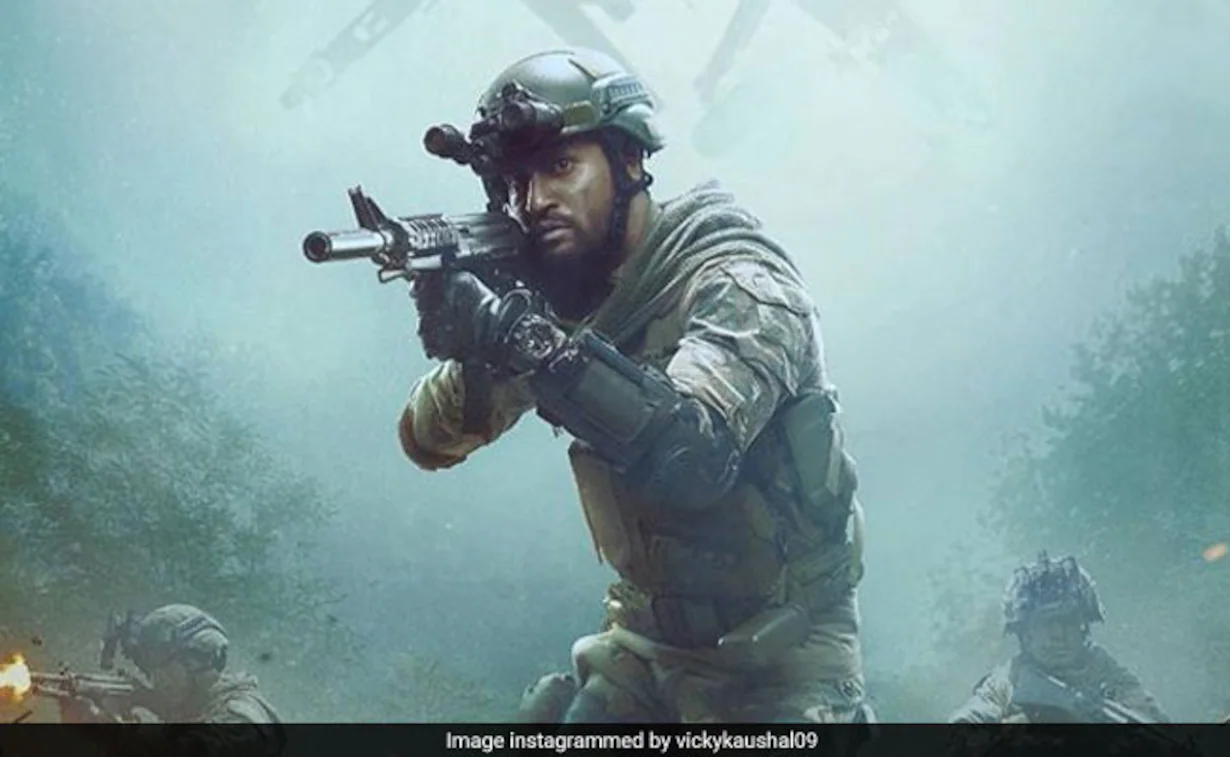Darshita Jain, Pune
On Tuesday, the northeastern state of Manipur hosted the screening of a Hindi film for the first time in 20 years. The film was shown at the Churachandpur district of Rengkai University’s Hmar Students’ Association (HSA) campus.
The HSA, a group of tribal students in the state, decided to show a Hindi film in Manipur after a 20-year absence. Lalpiengthang, president of the Hmar student association, said in a statement to India Today, “We are Indians, and we are very happy to screen the movie here.”
This marks the first step following the more than two decades-long ban on Hindi films. The president went on to say that there would be a sizable crowd of both young and old people, which was crucial for them because they are a part of India.
According to the information, a total of four Hindi films, including “Kuch Kuch Hota Hai” and “Uri: The Surgical Strike,” were shown.
Ginza Vualzong, a member of the Indigenous Tribal Leaders’ Forum, issued a brief statement declaring that the action taken is meant to show their love for India and to oppose the Meitei groups’ anti-national policies. The group identifies itself as speaking on behalf of the Kuki tribes.
The national anthem was played before the start of the film at the outdoor cinemas, which were located 63 kilometers from the capital city. Over 160 people have been killed in a series of ethnic clashes between the Kuki tribe and the Meitei majority in Manipur since May 3.
The HSA stated on Monday that the screening is intended to demonstrate “our defiance and opposition to terror groups that have long oppressed the tribals.” It requests that people join in taking a pledge to continue their fight for freedom and justice.
The Hmar Students Association (HSA) claims that “Kuch Kuch Hota Hai” from 1998 was the final Hindi film to be shown in Manipur in a public setting. Additionally, authorities claim that within a week of the ban in 2000, rebels destroyed 6,000–8,000 Hindi video and audio cassettes and CDs that had been gathered from local stores.
Although the RPF did not justify the ban in the northeastern state, cable operators claimed the militant group was concerned about Bollywood’s detrimental effects on the language and culture of the region.
